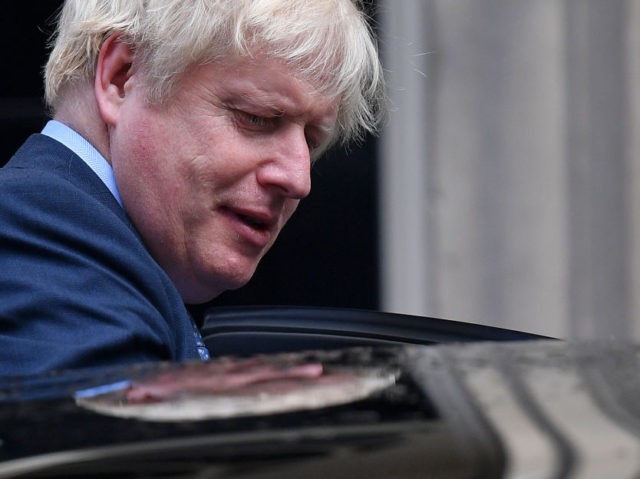British Prime Minister Boris Johnson has vowed to call a snap general election on Wednesday if Parliament votes to ban the United Kingdom from fully leaving the European Union, but the same Parliament now has the right to block that election, saving their own jobs while leaving British political life in a damaging state of limbo.
While the United Kingdom badly needs fresh elections to clear the political air and get a parliament ready to deliver on the promise of the 2016 referendum, this may not now happen because of a 2011 law that hands the decision to go to the country to Parliamentarians themselves, rather than the government.
Perhaps the greatest impediment to a fresh election now is Labour’s Jeremy Corbyn. This is ironic because despite him having challenged the government to hold an election nearly every day for two years and has recently goaded new Prime Minister Boris Johnson for not having been directly elected by the people himself, now the opportunity is being put in front of him the opposition leader is running from it.
Boris has spectacularly called his bluff, but that doesn’t bring Brexit any closer to resolution.
This is hardly surprising behaviour for Mr Corbyn and the host of other MPs who will likely vote against a snap general election, though. A vote would put their own jobs on the line as a deeply unrepresentative and increasingly unpopular Parliament went back to the people to be confirmed or replaced at the ballot box. Hypocrite MPs claiming to defend democracy by sabotaging Brexit — a decision voted for by more people than anything else in British electoral history — are the proverbial turkeys not voting for Christmas.
The figures underline the members’ fear of being replaced in their lucrative, high-status jobs. A poll of public opinion taken last month offering voters a straight choice between having a ‘no deal’ full Brexit of the kind parliament is presently trying to block, and Jeremy Corbyn as Prime Minister with a Brexit delay, found 48 per cent preferred a full Brexit against 35 per cent who wanted Jeremy.
Even former Labour leader Tony Blair — who is absolutely no friend to the hard-left Jeremy Corbyn — has urged him to resist the general election he’s longed for, expressing concern an election now would deliver a “comfortable Tory majority”. The latest polling gives the Conservatives a double-digit lead.
In essence, despite Britain’s Parliament now being nearly totally dysfunctional with a government that can’t govern, members that openly despise the desires of the British public, and a speaker actively subverting the traditions of neutrality that go with the office, a fresh Parliament is frustratingly out of grasp.
In 2011, the government did away with centuries of well-functioning constitutional precedent and replaced it with the Fixed Term Parliaments Act, meaning Parliaments would no longer last roughly five years by convention with Prime Ministers free to call an election whenever they pleased. From then on, Parliaments would last exactly five years, and terminating it a day sooner would require a two-thirds supermajority vote.
This well-meaning reform was intended to make British politics more stable and predictable, but the politicians who crafted and passed the law were just human and not blessed with a surfeit of foresight or genius. Now, a government which has promised to deliver Brexit to the British people has its hands tied by a refusenik Parliament which will block a withdrawal at any cost, while also blocking the government from seeking a fresh mandate from the British people.
Boris has already taunted Corbyn in the chamber for his about-face, calling him a “chicken” and calling out “Call an election, you great big girl’s blouse!”, but this hardly distracts from the hurdles ahead. Corbyn for his part has said he would back the election if a full Brexit was blocked first, essentially undermining the whole point of having an election in the first place.
By hook or crook, Britain needs a general election. But when it does come, it will likely be against the will of those who stand to lose most from it, politicians who could otherwise have hung onto their jobs until 2022, when the next vote is scheduled to otherwise take place. And even it taking place doesn’t guarantee victory — a stumbling Labour Party could still carry the day if Boris Johnson fails to find an accommodation with Nigel Farage’s Brexit Party, putting Brexit itself in the greatest danger yet.

COMMENTS
Please let us know if you're having issues with commenting.